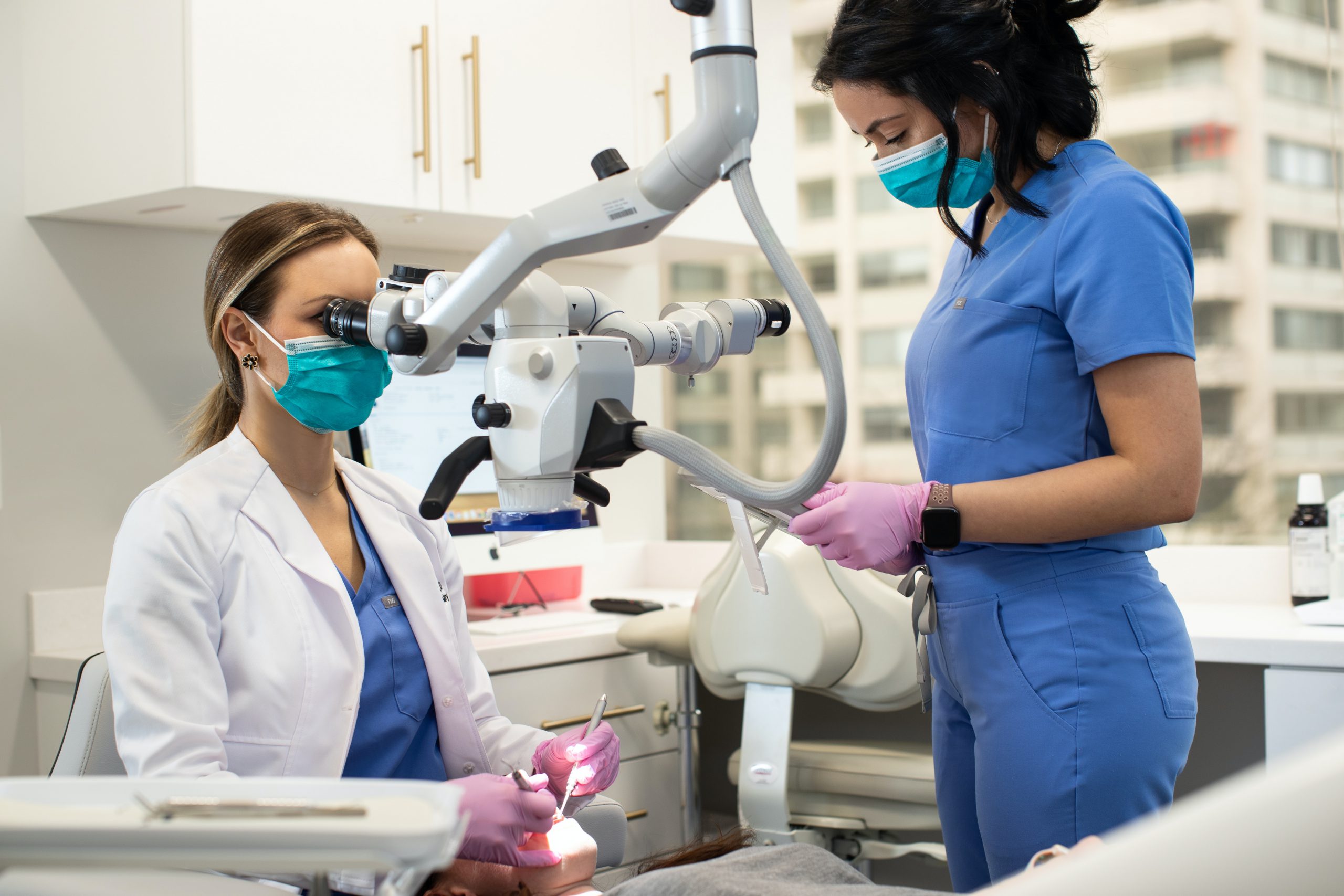Technology has become increasingly invaluable in delivering high-quality healthcare and patient experience over the years. It has enhanced medical procedures and patient care while improving administrative tasks as well.
On that note, it’s worth mentioning that the widespread use of medical software has led to the creation of more volumes of healthcare data.
Such an increase in patient information gathered and stored naturally calls for tighter security measures. Healthcare facilities must solidify their health IT and devise better ways to safeguard their data. This task is especially critical because data thefts are becoming more widespread and sophisticated over time.
Although this is not an easy endeavor, there are practical steps that can be taken to begin on the right track.
Without further ado, here are some smart strategies that healthcare facilities must employ to achieve better healthcare information security:
1. Restrict Access to Data
A Verizon PHI Data Breach Report showed that more than half of healthcare data breaches involved insiders.
This goes to show that one of the best ways to protect healthcare data is by starting internally. Data accessibility among physicians and healthcare staff must be controlled. For instance, patient information can be made available only on a need-to-know basis.
This lets physicians view patient information only when necessary, rather than whenever they want to.
2. Hold Cybersecurity Training Programs
Healthcare organizations must recognize the fact that security mishaps can happen due to an unintentional act by an employee as well.
To avert these otherwise avoidable mishaps, it is best to educate all employees on security risks and attacks. They must also be trained to recognize potential threats. Such initiatives can empower medical employees to not only detect risks but also handle patient data properly.
3. Check Every Device Accessing Data
In today’s workplace—healthcare facilities included—various laptops, tablets, smartphones, and devices are used every moment. It may not seem like it, but all of these gadgets can pose a threat to any health IT system.
With this, having an IT team assess the risk of every device that can access patient information is a smart move. This enables healthcare organizations to ensure that all devices used in daily operations are safe and secure.
4. Secure Wireless Networks
Wireless connections and messaging systems do not store patient records. Despite this, it’s worth noting that they are used to exchange confidential information regarding day-to-day operations. Aside from that, they are also vulnerable to attacks, just like other systems. It is for this reason that organizations must still dedicate time and resources into safeguarding them.
One effective way to do this is by automating procedures that update all connected devices. This ensures that your systems have the latest security improvements. Furthermore, it keeps former employees from accessing your internal networks.
5. Secure Paper Records
Problems in data security do not only occur in health IT. Information stored in paper records can be compromised as well.
Considering this, healthcare facilities must also strengthen their paper record security. Staff must be reminded not to leave files open nor leave storage cabinets or rooms unlocked. These seemingly small steps can help create a tighter information protection system.
Conclusion
In this era where health data has become more valuable and data thefts have become more rampant, healthcare organizations must protect their information better. They need to implement new measures and innovate existing ones to strengthen their security measures. All of these efforts will go a long way in protecting their patients’ trust and, ultimately, their private lives.
For your daily source of healthcare news articles, visit Dose of Healthcare regularly! We publish the latest medical news to keep you up-to-date with the industry.


















